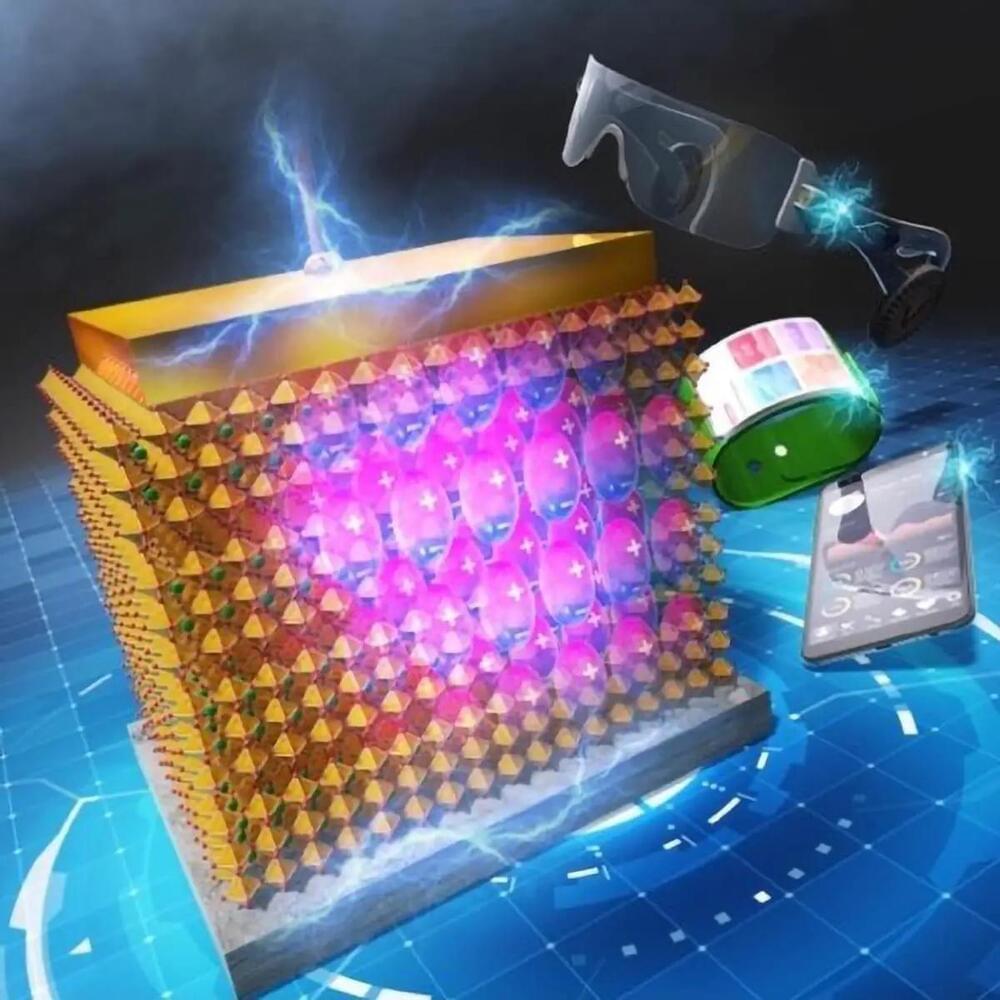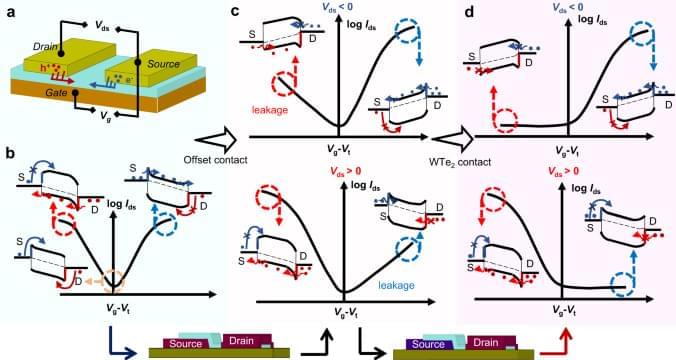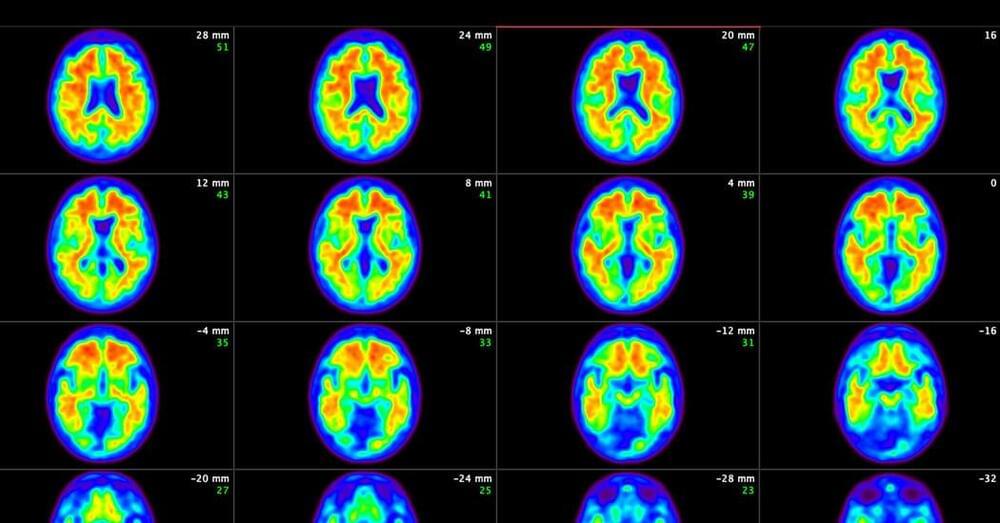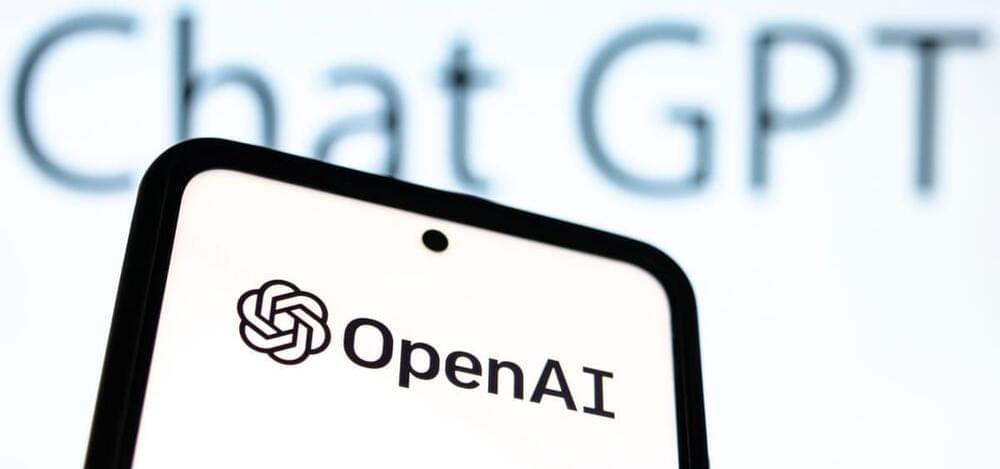Jul 19, 2023
Time Flowed Five Times Slower Shortly after the Big Bang
Posted by Dan Breeden in category: cosmology
“For decades Isaac Newton gave us this vision of a universe where space and time is fixed, and every clock across the universe ticks at exactly the same rate. Then Einstein shattered this vision by proposing that time is actually rubbery and relative,” says Geraint Lewis, an astrophysicist at the University of Sydney and lead author of the study. “Now we’ve shown that Einstein was, once again, correct.”
The Einsteinian concept of time running slower in the early universe arose in the late 1920s as astronomers were discovering cosmic expansion. Galaxies in the sky were found to be flying away from the Milky Way at high speed, swept along by the ceaselessly growing void—and the farther off they were, the faster they flew. This not only meant that the universe was once much smaller and denser—arising in a “big bang” from some compact, primordial point—but also that the most distant galaxies visible to us should be receding at close to the speed of light.
According to Einstein’s special and general theories of relativity, both circumstances alter the flow of time. As light from one of those far-distant galaxies travels from the heavier gravitational grip of the deep, dense early cosmos and across the continuously expanding universe, it must traverse increasingly greater expanses of space to reach Earth. Consequently, time becomes stretched in a phenomenon known as time dilation: a clock running 10 billion years ago would tick at a normal rate to an observer from that time, but from the perspective of someone today, it would appear to be ticking much slower.


















